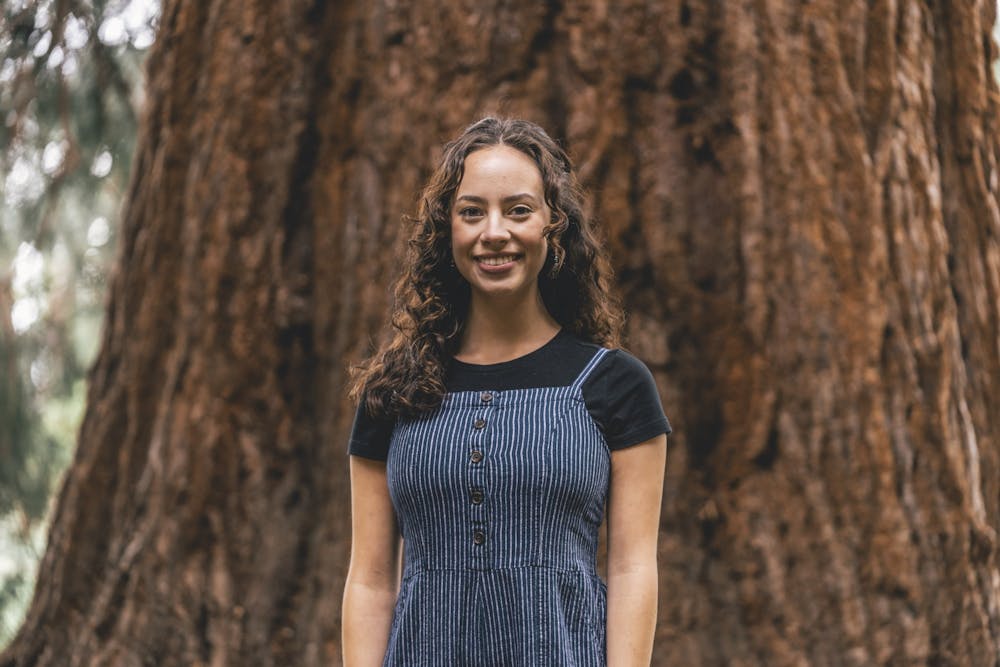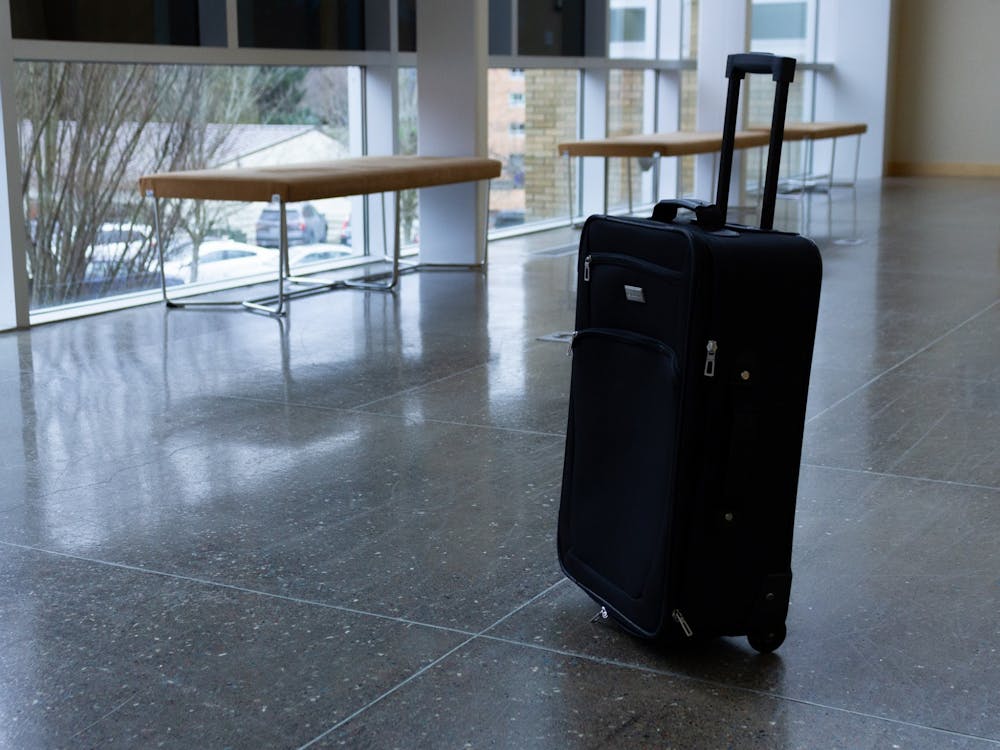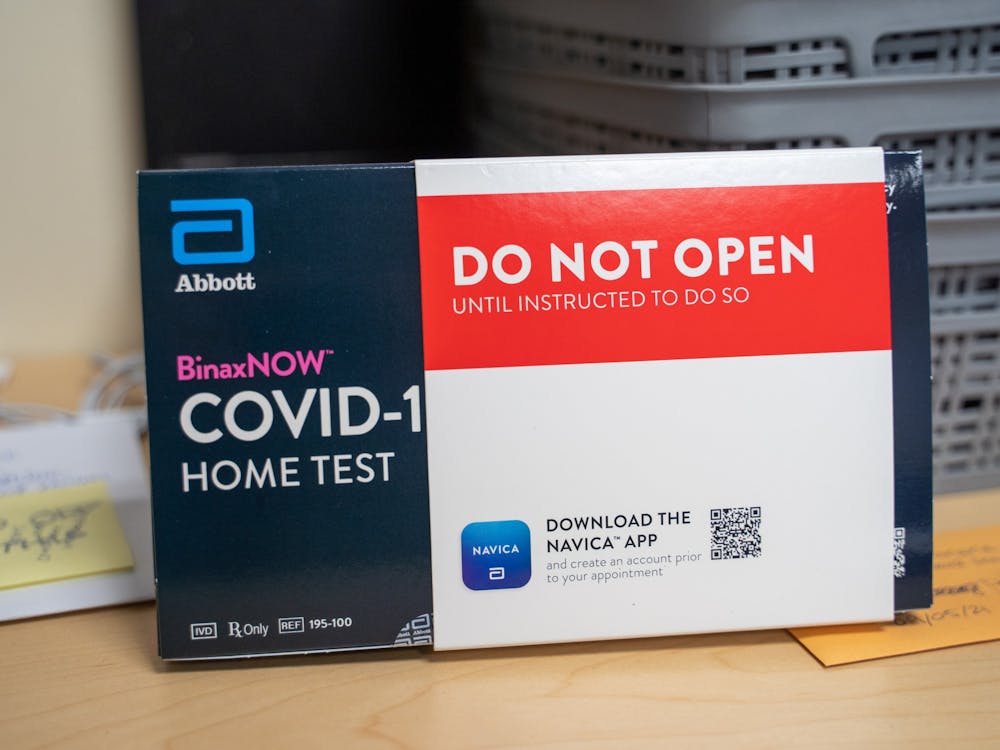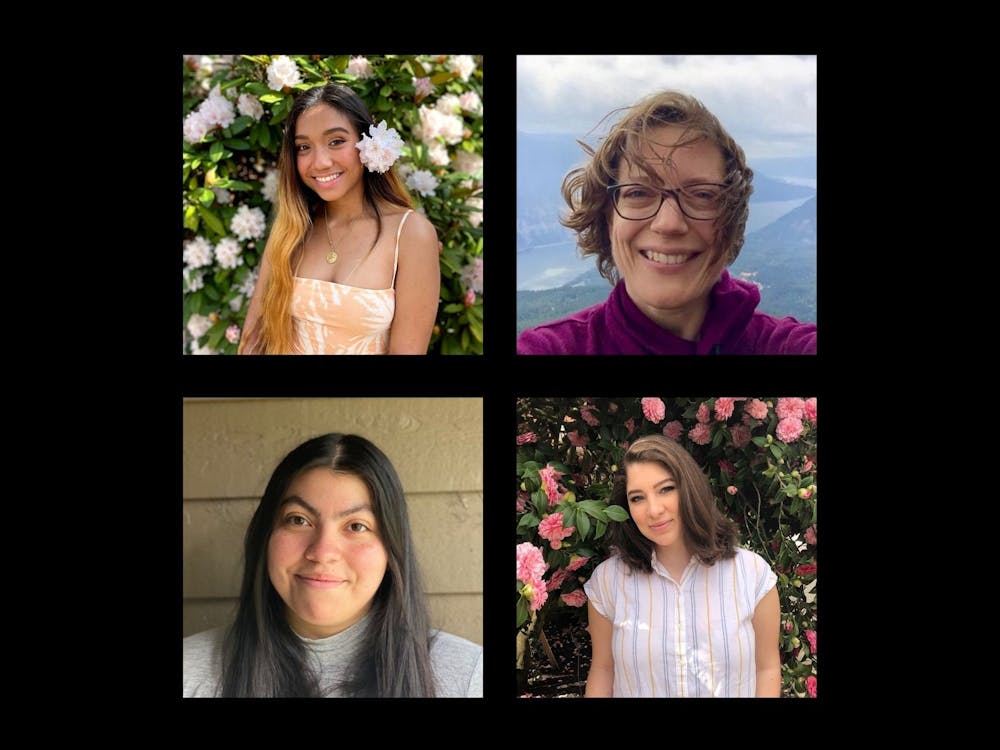I distinctly remember the moment in 2021 when I found out my grandparents and parents were eligible for their first COVID-19 vaccination dose.
I felt like I could see the light at the end of a pitch-black tunnel. It felt like the weight was taken off my shoulders now that some of the most high-risk loved ones in my life would be protected during a pandemic.
When I received my two shots (and now my booster), I remember feeling so excited because I could celebrate my 21st birthday at a bar and not in quarantine. I could finally hug my grandparents and we could go back to our lunch dates.
Now, it’s January of 2022 and this pandemic is still rampant. COVID-19 cases are at an all-time high, and hospitalizations are keeping hospitals close to maximum capacity. The Omicron variant is now the most dominant variant in the United States.
Your decision to not get vaccinated directly correlates to why this pandemic has not ended.
The longer people go without receiving the COVID-19 vaccine, the longer the virus is allowed to mutate. That’s why the Delta variant became an issue in the summer and fall of 2021, and it’s why the Omicron variant is infecting more people than ever before, including boosted individuals.
As Omicron cases soar, hospitals get closer and closer to reaching maximum capacity. This affects everyone, even if you’re at a low risk of COVID-19 hospitalization. When hospitals are at maximum capacity and are understaffed, it poses a threat to critical care patients.
So why should you care? Let’s just say you have a serious emergency that requires immediate medical attention, such as a surgery. You might spend hours waiting in the emergency room and your condition could become far more dangerous before you are even cared for. The hospital might not have a bed for you. There may not be a doctor or nurse to take care of you.
The choice to not get vaccinated causes detrimental chain effects for public health and society as a whole. Most hospitalized COVID-19 patients are unvaccinated, which makes their deaths an avoidable tragedy.
COVID-19 has also made saying goodbye a heartbreaking experience. If a patient has to be intubated, many are forced to say goodbye to their loved ones via FaceTime or a phone call. Meanwhile, their loved ones have to wait in agony and pray that those weren’t their last words.
Hearing stories like this make me question how people refuse to get vaccinated during a deadly pandemic.
Not getting vaccinated is a danger to the immunocompromised, elderly or anyone else with underlying health conditions. Even if COVID-19 does not directly affect your health, it is selfish to not try to protect those around you.
Also, let’s put an end to the “my body, my choice” argument in this case. It does not make sense to use the pro-choice argument here because abortions are not contagious; a virus is.
Our country has been at a point in the pandemic for long enough where the vaccine has been available and free. We live in the United States, where we are incredibly fortunate to have this vaccine available to us. It’s difficult for me to wrap my head around the fact that people have this privilege and refuse it.
The bottom line is that vaccinations save lives and they protect communities. Vaccinations are, without a doubt, one of the world’s most important technological advances. Vaccines have helped eradicate diseases like polio or smallpox. The only legitimate excuse for not getting the COVID vaccine is an allergy to one of the ingredients or other genuine health-related risks.
So, I urge you to get vaccinated. If not for yourself, for the people around you. I had a family member and a close family friend die of COVID-19, and it was devastating. I do not wish that experience on anyone.
Protect yourself. Protect your loved ones. Protect your community. Help put an end to this pandemic that we all despise.
Isabel Cornejo is a reporter for The Beacon. She can be reached at cornejoi22@up.edu.
Have something to say about this? We’re dedicated to publishing a wide variety of viewpoints, and we’d like to hear from you. Voice your opinion in The Beacon.








